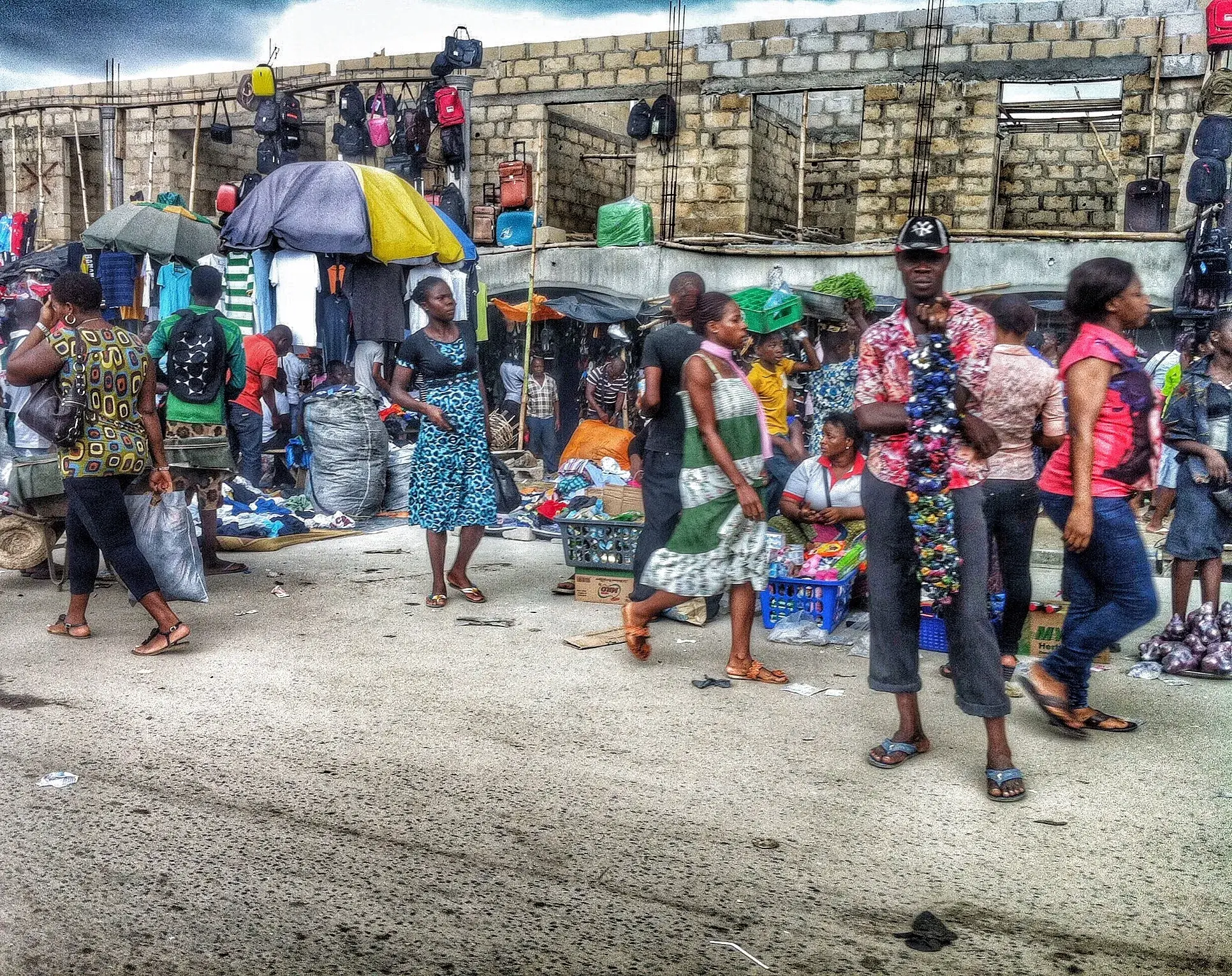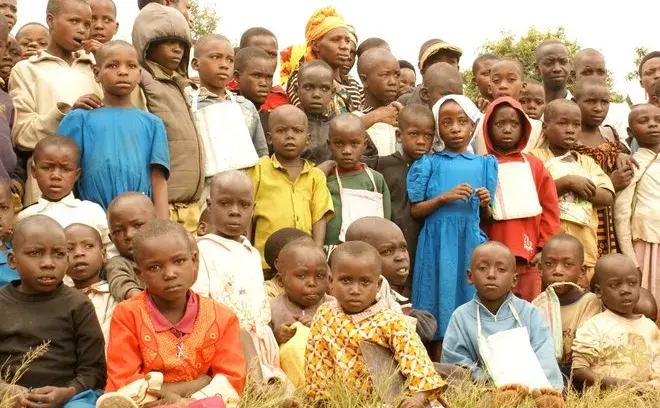Nigeria Perspectives on Post-2015 Development Goals
The Post-2015 Consensus held a country specific seminar on the post-2015 development agenda in Nigeria on 15th May.
The sixth seminar in a series of 9 seminars to be held around the world. The purpose of the country specific discussion is to bring together international economists with local sector experts in order to delve deeper into the potential benefits which the post-2015 development agenda could bring to the country and the necessity of prioritizing smart targets to achieve the desired outcomes for the country.
Through a dialogue led by the economists and sector experts across three themes: education, energy and tuberculosis, the participants of the seminar were given a concrete understanding of potential good the post-2015 development agenda can do within Nigeria if smart targets are prioritized for each theme.
For more information on prioritizing smart targets download the PDF presentation "The Smartest Targets For The World 2016-2030" by Bjorn Lomborg and scroll down for more information and resources to learn what the post-2015 development agenda could mean for Nigeria.
Click here to see the full media coverage in Nigeria.
Nigeria Perspectives: Education
Nigeria has a lower than expected level of educational achievement given its moderately high per capita income. Illiteracy rates are high and there are big gaps in achievement between rich and poor, boys and girls and different regions."
- George Psacharopoulos, Seminar Speaker

Nigeria Perspectives: Energy
One key potential post-2015 energy target for Nigeria is the removal of energy subsidies, which in 2012 exceeded the national budget for education, health, power and transport. Reform would free up public funds for investment in healthcare, education and energy infrastructure."
- Isabel Galiana, Seminar Speaker

Nigeria Perspectives: Tuberculosis
Nigeria comes third behind only India and China in terms of tuberculosis cases. Every year, around 245,000 Nigerians die from tuberculosis (TB) and about 590,000 new cases occur (of these, around 140,000 are also HIV-positive). TB accounts for more than 10% of all deaths in Nigeria. Every hour, nearly 30 people die from the disease, despite effective treatments being available."
- Anna Vassall, Seminar Speaker









